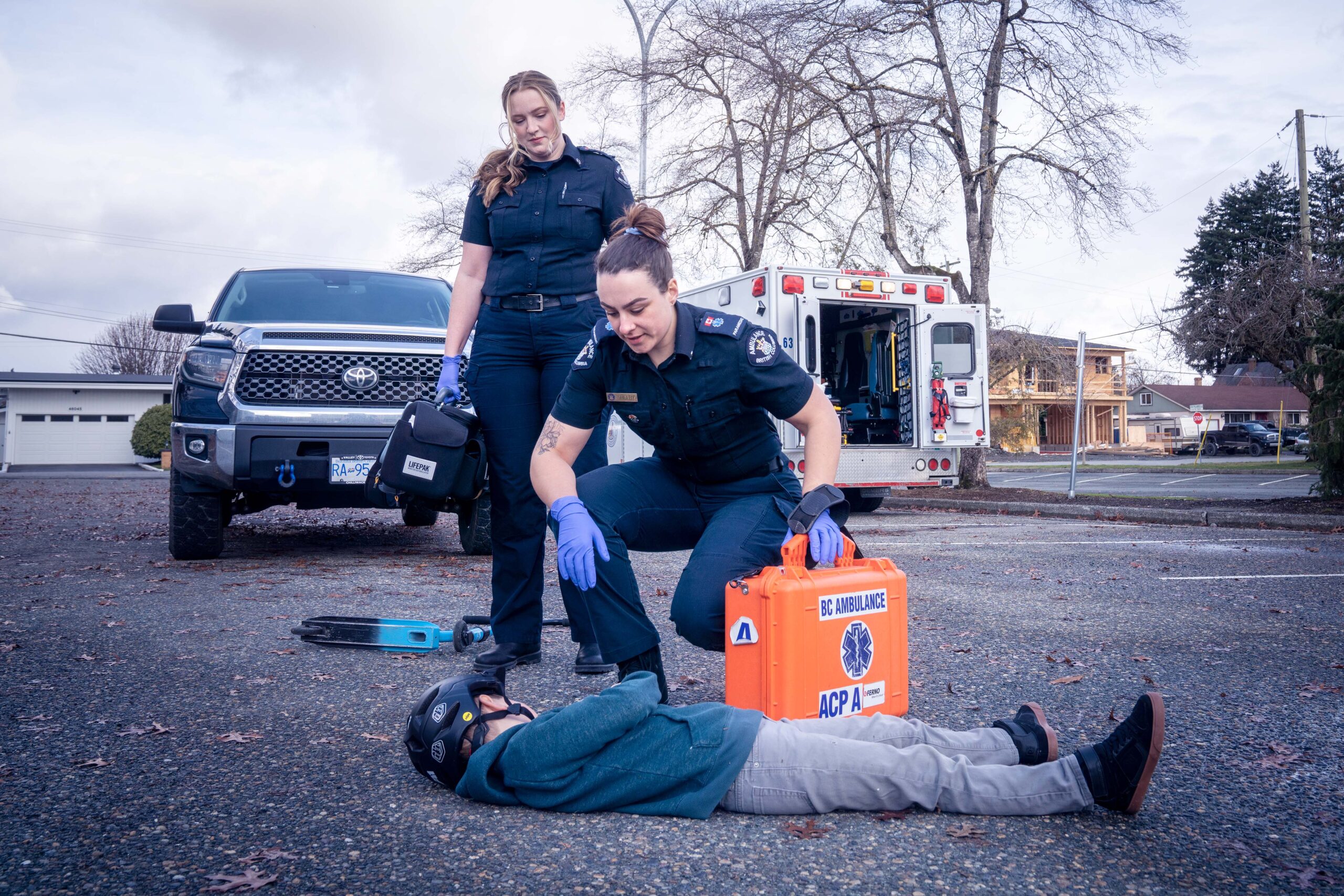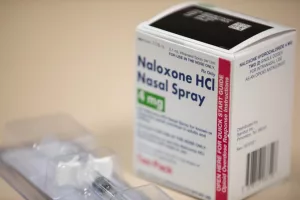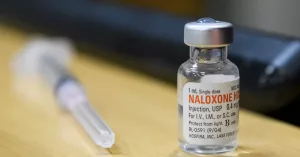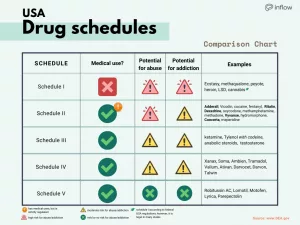Why People Get Hooked
It Usually Starts So Innocently…
Have you ever lain awake, staring at the ceiling while your mind races through every awkward conversation from eighth grade? Yeah, me too. For a lot of folks in Depew, NY, near zip code 14241, Ambien feels like a lifeline—pop a pill, drift right off, skip the circus in your head. No surprise, then, that if you ask around, 14241 pcp dr that use ambien is a phrase you’ll catch in more than a few late-night pharmacy receipts.
Here’s the catch: it never really starts with “addiction.” Most people, honestly, are just desperate for sleep. One friend told me, “Just a couple pills, I’ll be fine,” after a tough break-up. Does that sound familiar? Maybe you or someone you love has said the same—especially during some wild transition or stressful season.
From Occasional Use to Real Reliance: Sarah’s Story
Let me tell you about Sarah (not her real name, but real enough). She’s a night-shift nurse at a hospital in Buffalo, juggling family, two cats, and a mountain of stress. Her primary care doc in 14241 prescribed Ambien for “just a few weeks.” But weeks turned to months, then years… It wasn’t until she mixed up her kid’s homework and the grocery list (and had zero memory of it) that she realized something was up.

The Science Behind Ambien’s Grip
Ambien—also known as zolpidem—acts fast, giving anxiety-ridden brains a quick “off” switch. And honestly, who doesn’t want to just shut down after a long, brutal day? But here’s the thing: Ambien messes with your brain’s chemistry, making it hard to sleep without it. That’s when dependence starts to sneak in. Just like needing coffee to wake up… only a lot riskier.
It doesn’t matter if your doctor is the careful type. Even when folks use Ambien just as prescribed, a sneaky little thing called tolerance creeps in. That means you need more to feel the same “zzz-quake” you got at first. It’s like your body is saying, “Oh, I see how this works. Bring on a little extra next time, would ya?” (research on Ambien addiction explains how this loop starts and why it’s so tough to break.)
Little Signs That Become Big Problems
Can You Spot the Changes?
Dependence on Ambien doesn’t show up overnight. For most, it’s subtle—little things that add up. Maybe you find yourself counting pills before bed. Maybe you’re worried about running out, even hoarding a few “just in case.” Ever check your calendar to see when you can get your next refill without looking suspicious? Been there.
Even if you’ve never “abused” a prescription, you can slide toward dependence if you start needing Ambien every single night. Your brain slowly forgets how to sleep on its own. Eventually… your body won’t hit the hay without help. That’s the true start of trouble. And you wouldn’t believe how quickly this can snowball—especially in high-pressure jobs or with chronic stress (more on how dependence forms here).
The Warning Bells: Could This Be You?
Look out for:
- Needing more Ambien to fall asleep.
- Panic if you miss a dose.
- Restlessness, mood swings, or feeling anxious without it.
- Memory lapses and, sometimes, weird behavior you don’t recall the next day.
- Your relationships or work take a hit, but you keep taking Ambien.
If these sound familiar, don’t freak out—but don’t ignore them, either.
Zolpidem Side Effects: The Stuff They Don’t Always Mention
People love to gloss over side effects until they show up. Next-day grogginess, memory gaps, sleepwalking, and even sleep eating—all are part of the package. The risk gets sharper if you mix Ambien with other stuff (wine counts!). As the body adjusts, even a normal dose can feel like you’re running on autopilot. Curious? You can read more about zolpidem side effects from actual patients and addiction experts.

Jobs Where Ambien’s a Definite “Nope”
Who Really Should Avoid It?
Okay, here’s the drama: not all 14241 pcp dr that use ambien will actually recommend it if you drive a truck, fly planes, or hold a scalpel for a living. (Honestly, would you want your pilot or heart surgeon to be groggy on the job? No thanks.) There’s been a lot of talk lately—even the President can’t escape this conversation—about how sleep meds could affect super-important decision-making jobs. The mental fog is no joke.
It’s not just high-flyers, either. Even if you work in an office, drive your kids to school, or have to make snap decisions, fuzzy thinking is… well, a real problem. If you’re worried that a prescription could mess with your professional game or safety, bring it up with your doctor—don’t just hope for the best.
Let’s Compare: Ambien vs. Natural Sleep Helpers
| Option | How Quick? | Hangover? | Addiction Risk |
|---|---|---|---|
| Ambien (zolpidem) | Works in 15-30 minutes | Often, yes | High if long-term use |
| Melatonin | 30-60 minutes | Rare/none | Very low |
What about natural alternatives? Maybe you’re thinking, “Can melatonin really stack up?” Honest answer: For some, yes! There are nuances, though. If you want the deep dive, check out how much melatonin is Equal to Ambien for a play-by-play. (Hint: You won’t get the same ‘shut-off’ switch effect, but you might avoid the zombie brain the next morning.)
Are Local 14241 Docs Prescribing Differently?
How PCPs in 14241 Approach Ambien
The truth? There’s no single script that every 14241 pcp dr that use ambien follows. Some take a cautious route—prescribe for a week or two, then nudge you toward therapy, better sleep hygiene, or supplements. Others are more flexible, but almost all keep a wary eye out for those warning signs listed above (see more from SAMHSA on what doctors are watching for).
Finding a primary care doc in 14241 isn’t hard. Finding one who’ll really listen—and help you get off Ambien if you’re ready—is golden. And honestly, it’s the first place I’d go if you’re worried things have gotten out of hand. Did you know many primary care doctors can help with substance concerns, not just write scripts? Fun fact: 61% of Americans don’t know their family doctor can prescribe treatments for addiction (according to NIH research).

What Should You Ask Your Doc?
- Does my job make Ambien a risk?
- What’s the plan if I want to stop or taper?
- Are there safer sleep options?
- Will you watch for zolpidem side effects and help me manage setbacks?
Patient Story: When Change Matters
A reader named Mike messaged recently. He’d been on Ambien for over a year, prescribed by his 14241 PCP—no issues, until he started sleeping through alarms and blanking on basic stuff like directions home from work. What changed everything? His doc asked him straight up: “Do you ever feel like you couldn’t sleep without it?” That one question led to a hard, but healthy, switch—off Ambien, onto a mix of guided therapy and melatonin. It wasn’t perfect, but he started remembering his lunchbox… and his life.
What If You’re Not Ready to Quit?
Baby Steps Count
No judgment here. A lot of folks are scared to stop—even “safe” meds like Ambien can feel impossible to ditch. Withdrawal is rough. (Restlessness, major insomnia, some crankiness—yes, even nightmares.) Want a more detailed run-down? Ask your doc or search for zolpidem side effects and what to expect in the first couple weeks off the pill.
This is where alternatives shine. Melatonin, mindfulness, therapy, or even just sticking to a better bedtime… they all stack up over time. Don’t expect magic, but even a slow wind-down is progress. If you’re wondering whether how much melatonin is Equal to Ambien, now’s a good time to check those tips and maybe experiment—with your doctor’s blessing, of course.
Let’s Get Real: Your Choices Going Forward
Life in 14241 is busy and—let’s be honest—sometimes way too much. If Ambien helps you keep your head above water for a season, don’t beat yourself up. But also don’t trick yourself into thinking you’re immune to dependence. It can grab you before you even notice… That’s why so many 14241 pcp dr that use ambien get trained to spot early warning signs and steer patients toward safer, longer-term options.
Take a breath. This isn’t about blame—just about making choices that really help, not just in the moment, but for your future self (the one who wants to remember school pick-ups and enjoy a clear-headed Monday morning). If you’re at that “Is it time to change?” moment, start small: talk to your doc, try winding down without screens, or see whether melatonin can do the trick. For a tailored guide, check out how much melatonin is Equal to Ambien—seriously, it might surprise you what one supplement and a good routine can do.
Conclusion: Here’s to Clearer Tomorrows
If there’s one thing to take away, it’s that you’re not stuck. Ambien—and the sleep it promises—doesn’t get to rule your nights forever, even if it feels that way right now. Whether you’re worried about your memory, job, or just waking up feeling like yourself again, you’ve got options and people in your corner. Local 14241 pcp dr that use ambien know what’s at stake, and the good ones want to help—not just hand over another script.
So what’s next? Maybe it’s talking honestly at your next doc visit. Maybe it’s giving natural sleep tools a fair shot, or finally calling it quits on Ambien altogether. Whatever your next step, know that even a messy, imperfect try is better than ignoring the problem. Clear mornings and good sleep can happen—sometimes all it takes is the right question, a new plan, and a nudge (or, let’s be real, a friendly shove) from someone who cares. You’ve got this. Sleep tight—and dream big.

























Leave a Reply
You must be logged in to post a comment.